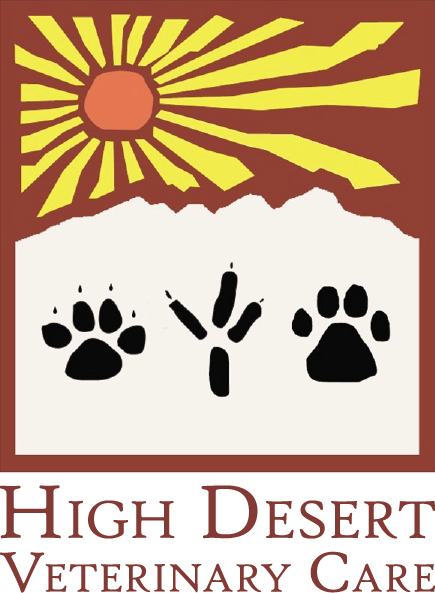Library
-
Birds are naturally mischievous and if not properly supervised, will get into many predicaments. It is crucial that you bird proof your home. The bird's cage is its house and the confines of your home represent the bird's environment.
-
Mini-pigs may be housed successfully inside if they are given enough space, an area in which to root, and proper environmental enrichment. Ideally pet pigs should have access to a safe area of untreated lawn outside in which to root and chew on grass. Pet pigs generally like to urinate and defecate in a single area that is far from where they eat and sleep and can be trained to eliminate either inside and outside. Pigs in urban environments may be taught to walk on a leash/harness and go outside like dogs. If this is not feasible, they can be trained to use a litter pan indoors.
-
If your pet had an emergency crisis, how would you manage it? Ask your veterinary hospital how they handle after-hour emergencies. Use this handout to help you plan ahead and be prepared in the event of a pet-health emergency.
-
Since cats are living longer and longer, they are also experiencing the deterioration and debilitation that goes along with aging. This includes the development of osteoarthritis. No one is in a better position to identify the subtle changes in behavior that may signal pain than human family members. You may observe changes in the following: vocalization, daily activities, daily habits, facial expressions, or posture. Your cat may show uncharacteristic behavior to other pets or family members. If you notice any of these changes, contact your veterinarian.
-
Since dogs are living longer and longer, they are also experiencing the deterioration and debilitation that goes along with aging. This includes the development of osteoarthritis. No one is in a better position to identify the subtle changes in behavior that may signal pain than human family members. You may observe changes in the following: vocalization, daily activities, daily habits, facial expressions, or posture. Your dog may show uncharacteristic behavior to other pets or family members. If you notice any of these changes, contact your veterinarian.
-
Dogs use their noses infinitely more than humans to get around in the world and gather information. With specialized olfactory organs that detect pheromones, dogs' sense of smell is thousands of times better than humans.
-
The old theory that one dog year is seven human years does not hold true due to a variety of factors including breed and size of the dog. This handout discusses emotional aging and senior statuses for different breeds of dogs.
-
Baths should be performed in a comfortably warm area, using lukewarm water. Medicated shampoo should be applied to a clean, wet coat, so start by thoroughly rinsing your cat with lukewarm water. Shampoo should be worked into the coat thoroughly and allowed to sit for 10 minutes before rinsing unless directed otherwise by your veterinarian.
-
Medicated shampoos may be prescribed for a variety of skin conditions. These baths should be performed in a comfortably warm area, using lukewarm water. Medicated shampoo should be applied to a clean, wet coat, so start by thoroughly rinsing your dog with lukewarm water. Shampoo should be worked into the coat thoroughly and allowed to sit for 10 minutes before rinsing unless directed otherwise by your veterinarian.
-
Purebred dogs from a breeder have a documented family history and known background. For families who have opted for this way to add a dog to their family (if a shelter or rescue dog isn't in the cards), make sure you and the breeder take time to get to know each other to make sure that the family and dog are the right fit together.

